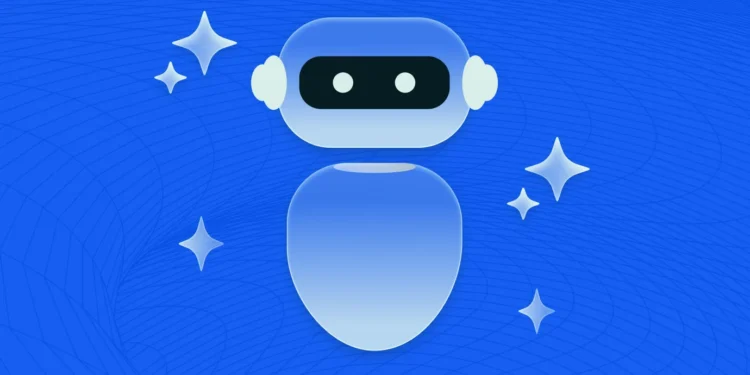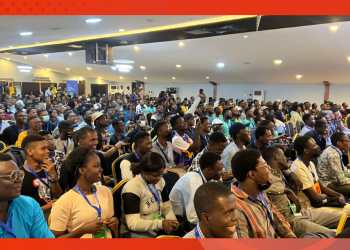The rapid rise of AI chatbots has reshaped how people interact with technology. Tools like ChatGPT, customer service bots, and virtual assistants are increasingly part of daily life. But as reliance grows, questions are emerging about the long-term impact on human social skills.
Convenience Versus Connection
Chatbots are designed to provide instant responses, guidance, or entertainment. For many, they reduce friction in tasks like booking services, learning, or even casual conversation. Yet this convenience can also reduce the need for human-to-human interaction. Psychologists warn that if people begin substituting chatbot exchanges for real conversations, they risk weakening essential interpersonal skills such as empathy, listening, and non-verbal communication.
Blurred Boundaries
The more advanced chatbots become, the easier it is to mistake them for authentic social substitutes. Some users already admit to confiding in AI systems for emotional support. While this can provide short-term comfort, it may also blur the boundaries between genuine relationships and digital interactions. Over time, that could affect how individuals build trust and navigate complex social cues in the real world.
Different Impact by Age
Young people, who are still developing their communication habits, may be most at risk. Early reliance on AI companions could hinder the natural practice of negotiating conflicts, interpreting tone, or building resilience through real dialogue. Adults may also face challenges, especially if workplace or social interactions become mediated heavily by automated systems.
A Balanced Approach
Experts argue that the key is balance. Chatbots can enhance productivity and learning, but they should complement, not replace, human contact. Encouraging face-to-face interactions, practising active listening, and limiting dependency on AI tools are strategies to preserve vital social skills.
The Road Ahead
As chatbots become more capable, the debate over their role in shaping human behaviour will intensify. The challenge for individuals and societies will be to harness their benefits without sacrificing the depth and nuance of real human connection.
















